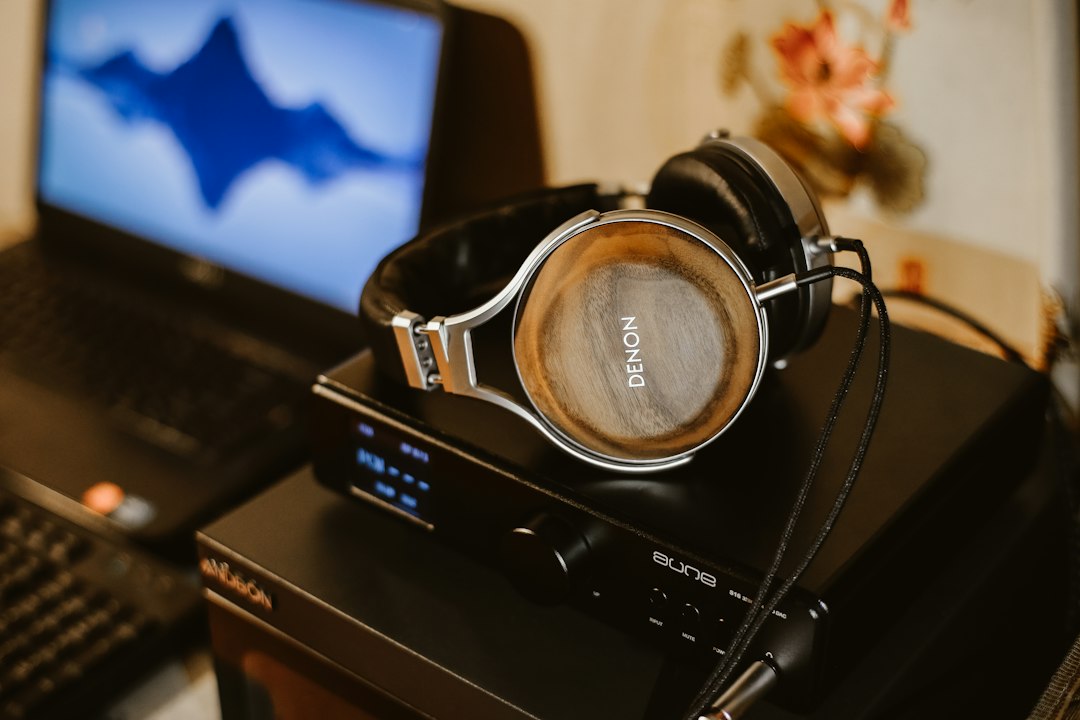Exploring the Depths: A Beginner’s Guide to Scuba Diving
Have you ever dreamed of exploring the mesmerizing world beneath the surface of the ocean? Scuba diving is an exhilarating adventure that allows you to immerse yourself in an entirely different realm. From vibrant coral reefs to mysterious shipwrecks, there is so much to discover underwater. If you’re ready to dive into the world of scuba diving, this beginner’s guide will provide you with the essential information you need to get started on your underwater exploration.
The first step in your scuba diving journey is to become a certified diver. While it may seem daunting at first, undergoing proper training is crucial for your safety and enjoyment. There are many scuba diving certification agencies, such as PADI (Professional Association of Diving Instructors), that offer comprehensive courses designed for beginners. These courses typically consist of academic knowledge development, confined water sessions to practice various skills, and open water dives to apply what you’ve learned.
The academic portion of the scuba diving course will introduce you to the basics of diving. You’ll learn about the principles of pressure and buoyancy, how to use and maintain scuba diving equipment, and essential safety procedures. This knowledge is essential for understanding the underwater environment and ensuring your safety during dives.
Next, you’ll move on to the confined water sessions where you’ll practice diving skills in a controlled environment such as a swimming pool. Here, you’ll become familiar with essential skills like mask clearing, regulator recovery, and buoyancy control. The purpose of these sessions is to build your confidence and comfort underwater while honing your diving skills.
Once you’ve mastered the necessary skills in the confined water sessions, you’ll progress to open water dives. These dives usually take place in the ocean or other natural bodies of water, where you’ll apply what you’ve learned in a real-world setting. Your instructor will guide you through multiple dives, allowing you to explore the underwater world while practicing the skills you’ve acquired. These open water dives are the highlight of your training, as they are your first taste of the magical wonders that lie beneath the surface.
As a beginner, it’s essential to remember that safety should always be your top priority. Before each dive, a pre-dive safety check known as the buddy check is conducted to ensure that all equipment is functioning correctly. Your certification course will also teach you emergency procedures, such as how to perform a controlled emergency swimming ascent or sharing air with your buddy in case of an out-of-air situation.
Aside from safety, respecting the underwater environment is crucial. Marine life is delicate, and as divers, it’s our responsibility to protect it. Avoid touching or damaging coral reefs and refrain from disturbing marine creatures. Take only pictures, leave only bubbles, as the saying goes. By practicing proper buoyancy and maintaining a respectful distance from marine life, you can minimize your impact and help preserve this incredible ecosystem for future generations.
Scuba diving is an activity that opens up a gateway to a world of wonder beneath the waves. By becoming a certified diver, you’ll gain the skills and knowledge needed to explore the depths safely. Remember, diving is not just a sport; it’s a chance to connect with nature, discover breathtaking sights, and experience a profound sense of freedom. So, take a deep breath, immerse yourself in the underwater realm, and embark on a journey of exploration like no other.

